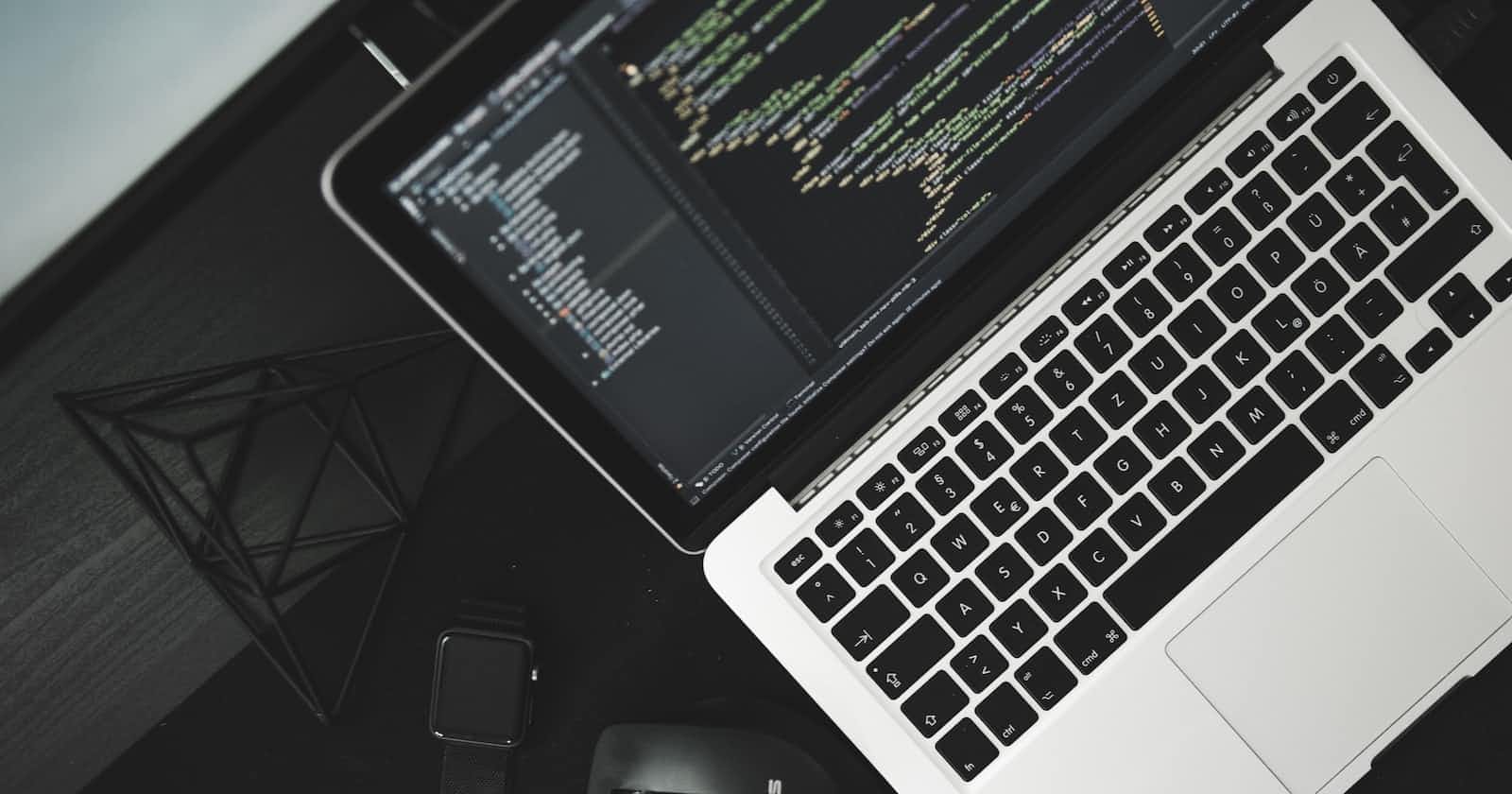Table of contents
Python is a popular, high-level programming language known for its simplicity and readability. It is often considered a great language for beginners to learn because of its easy-to-understand syntax and the large community of developers. In this article, we will cover the basics of Python and provide a simple introduction to the language for those new to programming.
History of Python:
First, let's take a look at the history of Python. The language was first created in 1989 by Guido van Rossum, and has since become one of the most popular programming languages in the world. Python is used in a wide variety of applications, including web development, scientific computing, data analysis, artificial intelligence, and more.
Now let's dive into the basics of Python. The first thing you need to do is install Python on your computer. There are a few different ways to do this, but the most common method is to download the latest version of Python from the official website. Once you have Python installed, you can start writing code.
Basics:
Python uses a simple, easy-to-understand syntax. For example, you can print a message to the screen using the print function, like this:
print("Hello, World!")
You can also store values in variables, like this:
x = 10
y = 4
in other languages, for eg. C, Java, C++ etc. you have to declare a variable before using it, but in Python, you are free to use them directly without declaration.
And perform basic mathematical operations, like this:
result = x + y
print(result) # Prints 15
Python also has several built-in data types, such as numbers, strings, and lists. For example, you can create a list of numbers like this:
my_list = [1, 2, 3, 4, 5]
You can also use loops and control flow statements, such as if/else, to control the flow of your code.
Once you have a basic understanding of Python, you can start working on more advanced topics such as object-oriented programming and using modules and libraries. There are a wealth of resources available online, including tutorials, forums, and documentation, to help you learn Python and become a proficient developer.
In conclusion, Python is a powerful and versatile programming language that is easy to learn and use. Whether you are a beginner just starting out or an experienced developer looking to expand your skills, Python is a great choice. With its simple syntax, a large community of developers, and a wide range of applications, Python is a great tool for anyone looking to learn to program.

